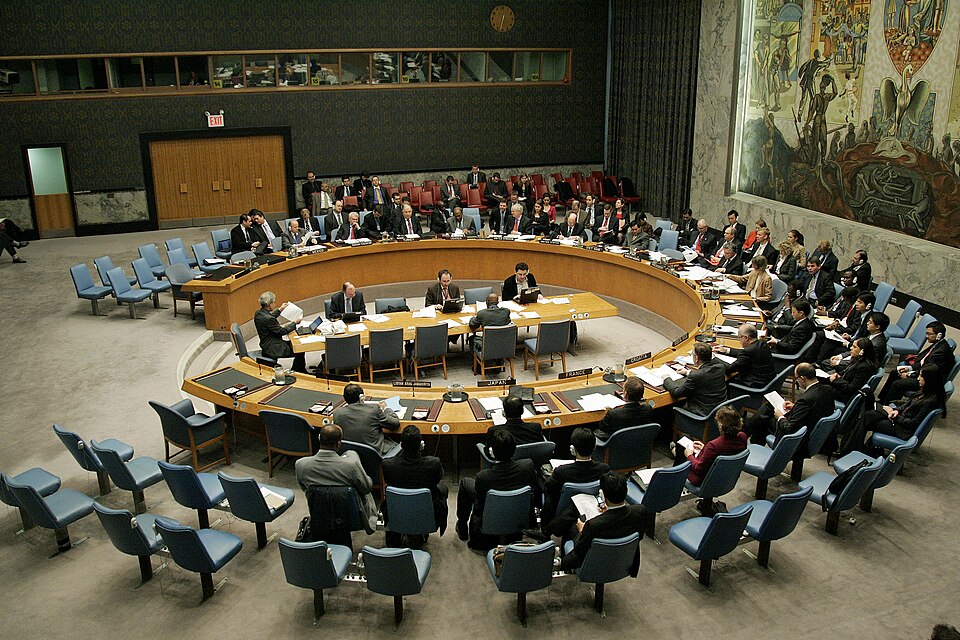
Elham Asaad Buaras
The African Union, UN, US, and EU have all rejected a rival government declared by Sudan’s Rapid Support Forces (RSF), warning that the move threatens the country’s stability and risks deepening the ongoing two-year civil war.
On July 26, the RSF announced a “government of peace and unity,” appointing Mohamed Hassan al-Ta’ayshi as prime minister and establishing a presidential council. The following day, UN Secretary-General António Guterres condemned the announcement as “a step that undermines Sudan’s unity and jeopardises ongoing peace efforts,” urging all parties “to engage constructively with the internationally recognised government to prevent further deterioration.”
On July 28, US State Department spokesperson Matthew Miller described the RSF’s move as “a serious challenge to Sudan’s territorial integrity and the ongoing efforts for peace and stability.” Two days later, the EU stated it “does not recognise the RSF’s self-declared government and reiterates its support for the legitimate, internationally recognised authorities of Sudan.”
The AU’s Peace and Security Council followed on July 30, calling on member states and the international community “to reject the fragmentation of Sudan and not recognise the so-called ‘parallel government,’ which has serious consequences for peace efforts and the country’s very survival.”
The AU also “unequivocally condemned all forms of external interference, which is fuelling the Sudanese conflict.” Sudan remains sharply divided.
The army controls the north, east, and central regions, having recently regained the capital, Khartoum, while the RSF holds most of Darfur and parts of Kordofan, where attacks have killed hundreds, according to local rights groups. The internationally recognised, army-aligned government—formed in May—is led by former UN official Kamil Idris.
The UN has repeatedly raised concerns about foreign actors exacerbating the war. The United Arab Emirates, for instance, has been widely accused of supplying arms to the RSF in violation of a UN embargo on western Darfur, allegations that Abu Dhabi has consistently denied despite multiple reports from UN experts, diplomats, US politicians, and international organisations.
The civilian toll of Sudan’s war continues to mount as the RSF intensifies its campaign in Darfur and Kordofan. In mid-July 2025, one of the deadliest assaults of the conflict struck the village of Shaq al-Noum in Kordofan. Local officials reported that over 450 civilians were killed in a single day, among them women, children, and pregnant women. Survivors described mass executions, widespread looting, sexual violence, and the torching of homes.
On August 16, RSF artillery fire hit the Abu Shouk displacement camp near el-Fasher, killing at least 31 civilians, including children and a pregnant woman. Earlier in April, the RSF launched a major offensive on the Zamzam and Abu Shouk camps, where hundreds of civilians were killed and an estimated 400,000 people displaced. Satellite imagery and eyewitness accounts suggest Zamzam was subsequently converted into a military base, raising fears that displaced civilians are being deliberately targeted.
The UN and aid organisations have condemned these repeated assaults, warning that strikes on refugee camps, humanitarian convoys, and population centres amount to potential war crimes under international law.
The conflict erupted from a power struggle between army chief Abdel Fattah al-Burhan and RSF leader Mohamed Hamdan Dagalo—once allies who helped oust Omar al-Bashir in 2019. Two years later, the pair staged a coup that derailed Sudan’s transition to civilian rule. The ongoing war has claimed tens of thousands of lives and triggered the world’s largest hunger and displacement crises.
(Photo: Coalition for the ICC/Credit: UN)